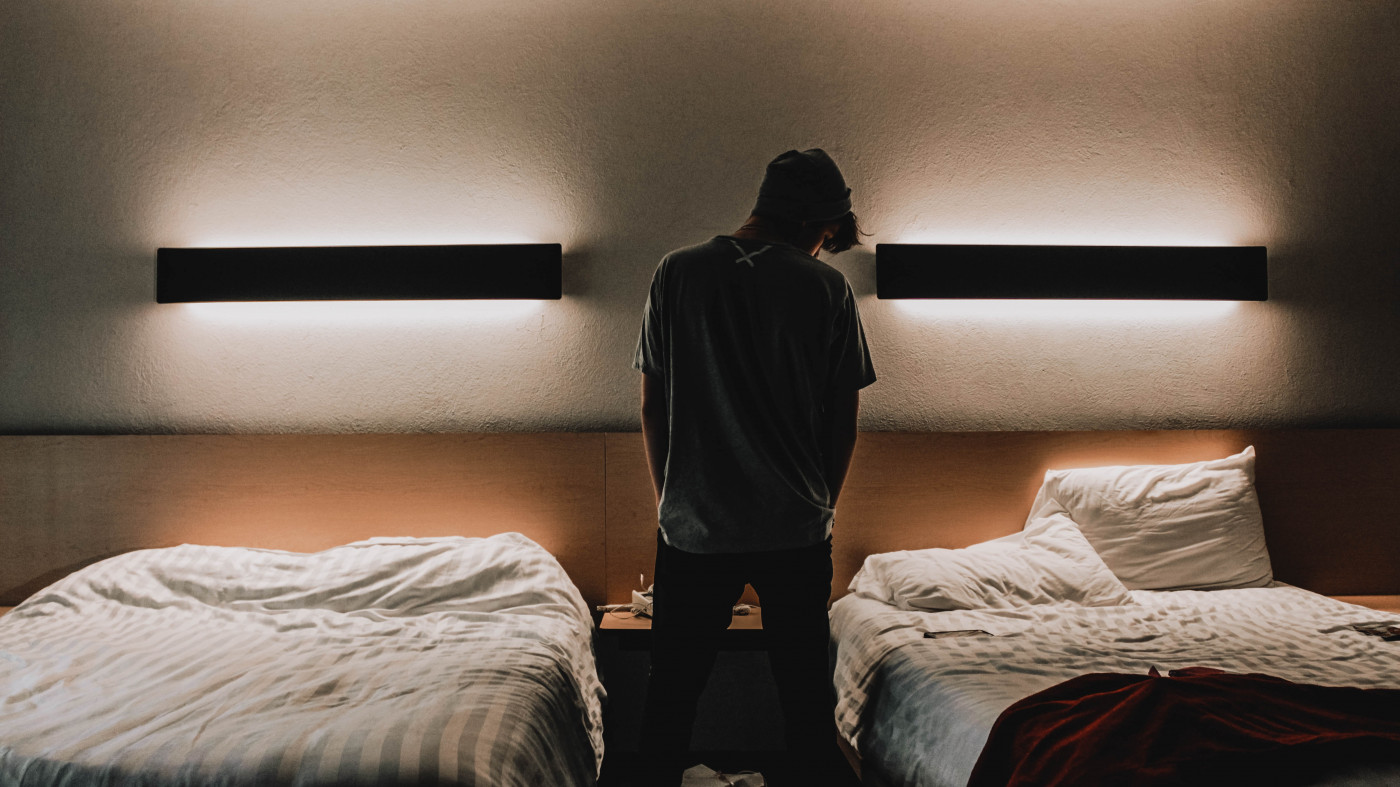Men Who Sleepwalk Have Greater Risk of Parkinson’s

sleep disorder
Men who experience sleepwalking — alone or in combination with another sleep disorder called rapid eye movement (REM) sleep behavior disorder — are at least four times more likely to develop Parkinson’s disease than those who do not.
That finding, which comes from a study of more than 25,000 men, suggests that sleep impairment may be associated with progressive neurodegeneration in Parkinson’s disease.
The study, “Association of sleepwalking and REM sleep behavior disorder with Parkinson disease in men,” was published in JAMA Network Open.
Sleep disturbances are common non-motor symptoms of Parkinson’s, and parasomnias in particular have been associated with the severity of the disease. Parasomnias are a group of sleep disorders that cause disruptive behaviors upon falling asleep, during sleep, or during arousal from sleep.
“Presence of parasomnia … may be a marker of neurodegeneration,” senior author Xiang Gao, MD, PhD, professor and director of the Nutritional Epidemiology Lab at Pennsylvania State University in University Park, said in a press release.
To provide more insight into this topic, the researchers chose to focus on two types of parasomnia: sleepwalking (walking or performing other complex activities while still sleeping) and REM sleep behavior disorder (sudden body movements while experiencing vivid dreams).
The study included 25,694 men with a mean age of 76 years who participated in the U.S.-based Health Professionals Follow-up Study. The researchers say this is the first study of its type to include such a large, general population.
By looking at the answers to questions adapted from the Mayo Sleep Questionnaire — a screening tool for sleep disorders — the researchers found that 223 (0.9%) of all men surveyed had probable sleepwalking, 2,720 (10.6%) had probable REM sleep behavior disorder, and 257 (1%) had clinically documented Parkinson’s disease.
Among other differences, those who had either sleepwalking or REM sleep behavior disorder also were more likely to experience daytime sleepiness — another sleep problem commonly seen in people with Parkinson’s disease.
After adjusting for multiple other factors, both sleepwalking and REM sleep behavior disorder were found to be associated with greater odds of having Parkinson’s disease.
The risk of Parkinson’s disease was quadrupled for men who sleepwalked and six times higher in those with REM sleep behavior disorder. In addition, the researchers found that men who had both sleep disorders were more than eight times more likely to have Parkinson’s.
“This could be part and parcel to what we’re seeing with Parkinson’s disease in general, which is that a lot of people with Parkinson’s have trouble sleeping,” Gao said. “To some extent, this may be happening at a small level for many people with Parkinson’s — they just don’t sleep well — and then for a subset, you see profound changes which are occurring that can lead to these [sleep] problems.”
While the study suggests a link between sleep disorders and Parkinson’s disease, the data must be interpreted with caution.
“It’s important to recognize that when you zoom out and look at the totality of the data, there’s a lot of people who are sleepwalking and a lot of people who have REM behavior sleep disorder who don’t have Parkinson’s disease,” said James Beck, chief scientific officer at the Parkinson’s Foundation. “So, though there’s certainly an increased risk, it’s not definitive that you’ll develop Parkinson’s,” Beck added.
In the study, only men were surveyed, the researchers noted. “Thus, results from this study might not be able to generalizable to other populations with different characteristics,” they wrote.
Moreover, the data were collected at a specific point in time, and no temporal relationships could be established.
“We need further studies to understand this. Particularly to see whether sleepwalking occurs before Parkinson’s onset and the number of individuals with sleepwalking who eventually develop Parkinson’s and other neurodegenerative diseases later,” Gao said. “Also, we don’t know whether Parkinson’s disease patients are more likely to have these sleep conditions.”
Long-term, follow-up studies are expected in the coming years, the researchers wrote.






